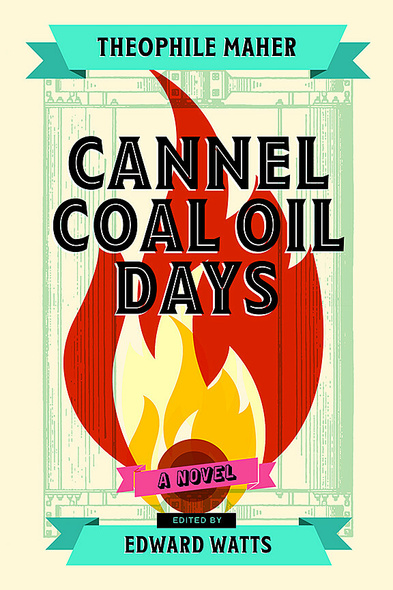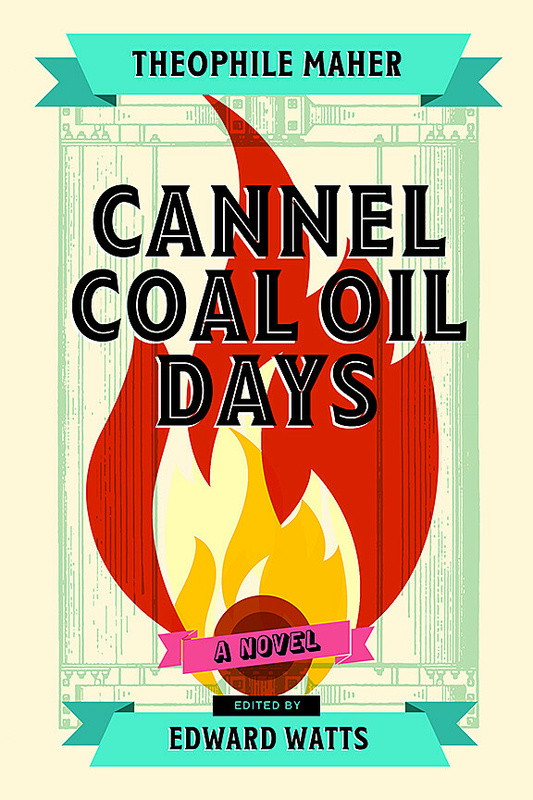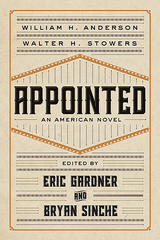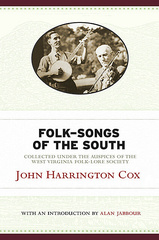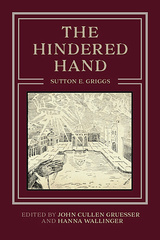Cannel Coal Oil Days
A Novel
By Theophile Maher; Edited by Edward Watts
West Virginia University Press
A newly discovered nineteenth-century novel about West Virginia breaking away from Virginia, set amid the cannel coal boom and featuring an interracial abolitionist movement.
Based mostly on his own experiences, Theophile Maher’s local color novel Cannel Coal Oil Days challenges many popular ideas about antebellum Appalachia, bringing it more fully into the broader story of the United States. Written in 1887, discovered in 2018, and published here for the first time, it offers a narrative of life between 1859 and 1861 in what was then western Virginia as it became West Virginia.
Cannel coal (a soft form of coal whose oil, when distilled, was competitive in the lighting oil business after overfishing reduced the whale oil supply) was at the center of one of Appalachia’s first extractive industries. Using the development of coal oil manufacturing in the Kanawha valley as its launching point, Maher’s semiautobiographical novel tells of a series of interrelated changes, each reflecting larger transformations in the United States as a whole. It shows how coal oil manufacturing was transformed from an amateurish endeavor to a more professional industry, with implications for Appalachian environment and labor. Then, Maher foreshadows the coming Progressive Era by insisting on moral and environmental reforms based in democratic and Christian principles. Finally, he tells the story of the coming of the Civil War to the region, as the novel’s protagonist, a mining engineer, works closely with a Black family to organize the local abolitionist mountain folk into a Union militia to aid in the secession of West Virginia from Virginia.
Based mostly on his own experiences, Theophile Maher’s local color novel Cannel Coal Oil Days challenges many popular ideas about antebellum Appalachia, bringing it more fully into the broader story of the United States. Written in 1887, discovered in 2018, and published here for the first time, it offers a narrative of life between 1859 and 1861 in what was then western Virginia as it became West Virginia.
Cannel coal (a soft form of coal whose oil, when distilled, was competitive in the lighting oil business after overfishing reduced the whale oil supply) was at the center of one of Appalachia’s first extractive industries. Using the development of coal oil manufacturing in the Kanawha valley as its launching point, Maher’s semiautobiographical novel tells of a series of interrelated changes, each reflecting larger transformations in the United States as a whole. It shows how coal oil manufacturing was transformed from an amateurish endeavor to a more professional industry, with implications for Appalachian environment and labor. Then, Maher foreshadows the coming Progressive Era by insisting on moral and environmental reforms based in democratic and Christian principles. Finally, he tells the story of the coming of the Civil War to the region, as the novel’s protagonist, a mining engineer, works closely with a Black family to organize the local abolitionist mountain folk into a Union militia to aid in the secession of West Virginia from Virginia.
Cannel Coal Oil Days represents an artifact of great interest to scholars working in environmental and energy humanities spaces. Particularly notable is the author’s concern with the changing energy landscape in the mid-nineteenth-century US, and the impacts of coal mining and oil distillation processes on worker conditions, public health, and the environment. The book also offers a unique snapshot of the racialized dimensions of extractive industries in antebellum Appalachia. Americanists reading Maher’s novel will undoubtedly place it within a broader corpus of mining literature, energy history, and representations of environmental injustice in Appalachia.’
Matthew S. Henry, University of Wyoming
Edward Watts is professor emeritus of English at Michigan State University. He is the author or editor of many other books in American studies, most recently Colonizing the Past: Mythmaking and Pre-Columbian Whites in Nineteenth-Century American Writing.
Acknowledgments
Introduction: Cannel Coal Oil and the Creole Cosmopolitan
Editorial Note
Chapter 1. At Newark, Ohio
Chapter 2. From Newark to Kanawha
Chapter 3. Up the Elk River to the Landing
Chapter 4. Day of Rest at the Landing
Chapter 5. Mismanagement at the Oil Works
Chapter 6. Radical Improvements
Chapter 7. Husband, Wife, and Children Together Again
Chapter 8. Loyalty Tested
Appendix A. “Made Union Flag: A Story of the Civil War”
Appendix B. “A Flag That Saved a County to the Union”
Appendix C. Obituary of Sarah Landis Maher
Bibliography
Introduction: Cannel Coal Oil and the Creole Cosmopolitan
Editorial Note
Chapter 1. At Newark, Ohio
Chapter 2. From Newark to Kanawha
Chapter 3. Up the Elk River to the Landing
Chapter 4. Day of Rest at the Landing
Chapter 5. Mismanagement at the Oil Works
Chapter 6. Radical Improvements
Chapter 7. Husband, Wife, and Children Together Again
Chapter 8. Loyalty Tested
Appendix A. “Made Union Flag: A Story of the Civil War”
Appendix B. “A Flag That Saved a County to the Union”
Appendix C. Obituary of Sarah Landis Maher
Bibliography

